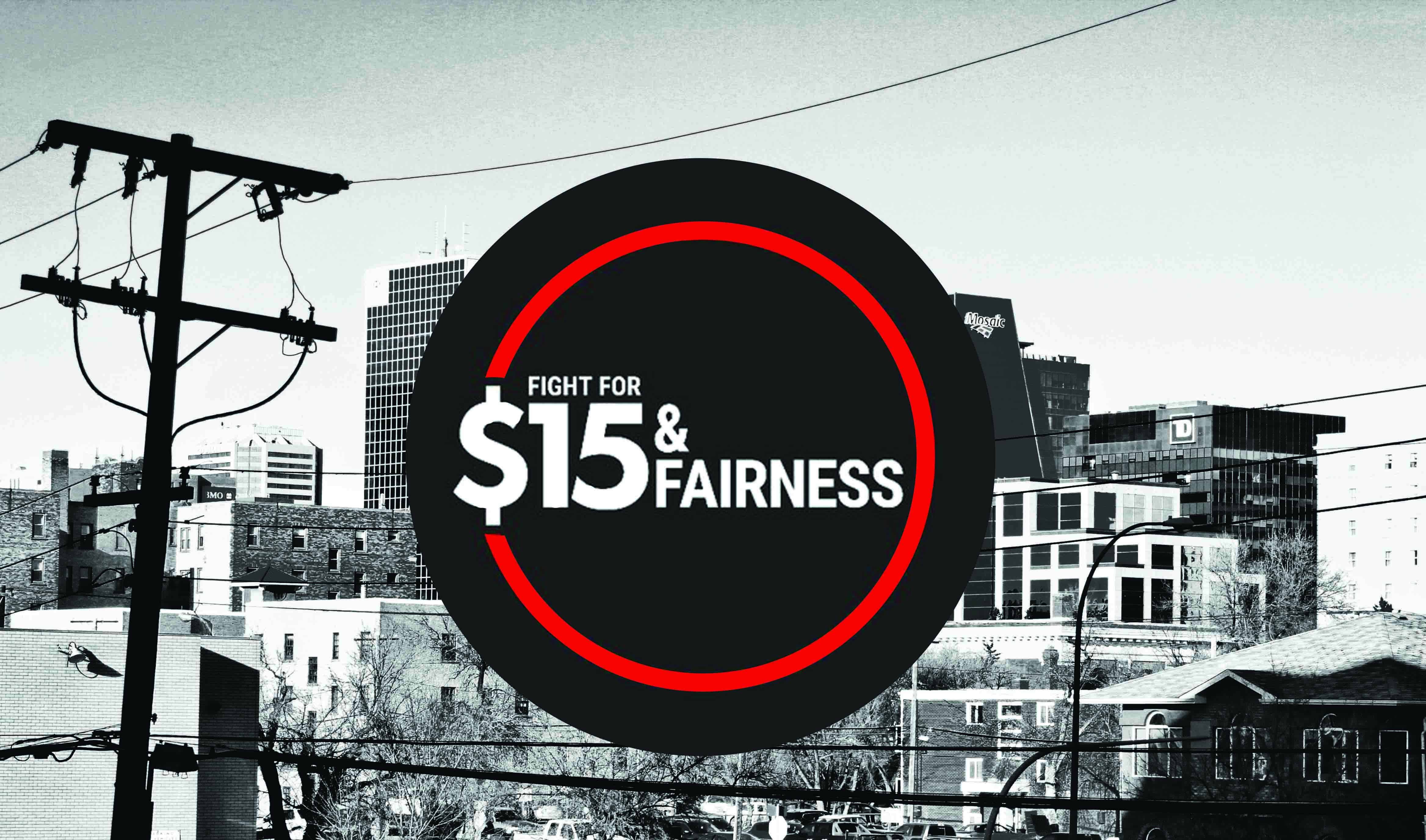Inequalities exposed in Canada Soccer

Between contract discrepancies, unequal pay, and troubling board activity, faith in the group’s integrity deflates
On June 5, 2022 the Canadian men’s soccer team canceled their friendly match against Panama in preparation for the upcoming Men’s World Cup in Qatar due to a pay and contract dispute between the players, Canada Soccer (CS), and Canada Soccer Business (CSB). In 2019, CS signed a 10-year contract with CSB which deemed CSB to have full control over all corporate partnerships and broadcasting rights for the men’s and women’s national teams. The disagreement was over whether to allow the men’s national team to have 40 per cent of the $10 million dollars in bonus money for qualifying for the World Cup. CS then informed the players that due to their contract with CSB, they would not be given the after-tax payments of 40 per cent in payouts.
In response, the men’s and women’s national teams released a statement. The teams both expressed an interest in having an investigation into the governing practices and policies of their governing bodies. The national team players would like to understand the circumstances and motives of why CS entered into a 10-year agreement with CSB and why they did not follow basic standards of proper governance. In a joint statement, the teams expressed that, in response to the Rick Westhead article on the internal workings of CS, CS put a positive spin on the matters instead of addressing the concerns regarding governing practices, continuing serious concerns about how the organization is being governed.
The statement highlighted that the agreement between CS and CSB was made “without proper disclosure to the Board, without proper authorization by the Board and/or without appropriate diligence.” Both national teams would like to see CS held accountable for their actions and regarding their agreement with CSB. On August 25, 2022, the Canadian Premier League announced a new commissioner and CEO of CSB after a months-long international search. This was due to the previous commissioner stepping down from this role in January of 2022.
Both teams expressed that the negotiations had been unnecessarily prolonged, and that they needed to take a stand for the future of soccer in Canada. This stand occurred before the Men’s World Cup in Qatar when the men’s team canceled their scheduled game against Panama just hours before kickoff. The men’s team also stated that they would like more transparency from CS and a change in the organization’s leadership going forward. The statement continued to say that the relationship between the team and the organization has been strained for years, and that CS has deeply disrespected their team which has jeopardized their ability to build up standards. The strained relationship between the men’s team and their organization is not ideal heading into a World Cup year.
The women’s national team focussed their statement on working together with CS and CSB on finding a positive solution and agreement. The team also stated that they “will not accept an agreement that does not offer equal pay.” In May of 2022, the U.S Soccer Federation reached an agreement where the U.S. men’s and women’s national team members would be paid equally. However, pay discrepancies between the men’s and women’s teams in Canada persist. The women’s team also acknowledged that they are happy that the Men’s National Team is looking for a structure that is equitable for both the men’s and women’s teams.
It has often been discussed that Canada lacks a female professional soccer league, since most of their top tier competition internationally have a professional league within their countries. The lack of access to professional opportunities within Canada became apparent when the Canadian women’s U20 national team lost all three games they competed in during the 2022 U20 Women’s World Cup in Costa Rica. Canada currently has a professional men’s league called the Canadian Premier League. This discrepancy between opportunities for women and men soccer players within Canada creates a needless inequality.
The Women’s Premier Soccer League (WPSL) is a semi-professional league that hopes to become professional in the next five years. For right now, however, female soccer players wanting to play pro in Canada must settle for the semi-professional league. CSB has discussed the potential for a professional women’s league, but no concrete action has been taken. It would not be surprising if the women’s national team players push for a professional league during their contract discussions with CS and CSB. Retired goalkeeper and Olympic gold medalist Stephanie Labbé has spoken publicly on Twitter about how the WPSL is a nice gesture but does not speak to what Canadian female soccer players would like to see or allow them the same opportunities as players on men’s teams. In June of 2022 Canada women’s national team player and Olympic gold medalist Janine Beckie spoke with TSN and stated that the women’s national team wants to see “equal pay for equal work.”
Although barriers still exist on the women’s side of the game, the allyship between the men’s and women’s national teams over equitable pay is a step in the right direction, even if other hurdles still exist. The lack of transparency by CSB to players is something that needs to be addressed since the organization oversees and controls all partnerships and broadcasting, and will likely continue to for the foreseeable future. The strained relationship between the players, CS and CSB has shown that there are pay discrepancies due to a resource monopoly over funds. Therefore, it is vital that the monopoly that CSB has over its players is resolved. The canceled game against Panama is just the beginning in this dispute over equitable pay and opportunities within Canada and CS.









